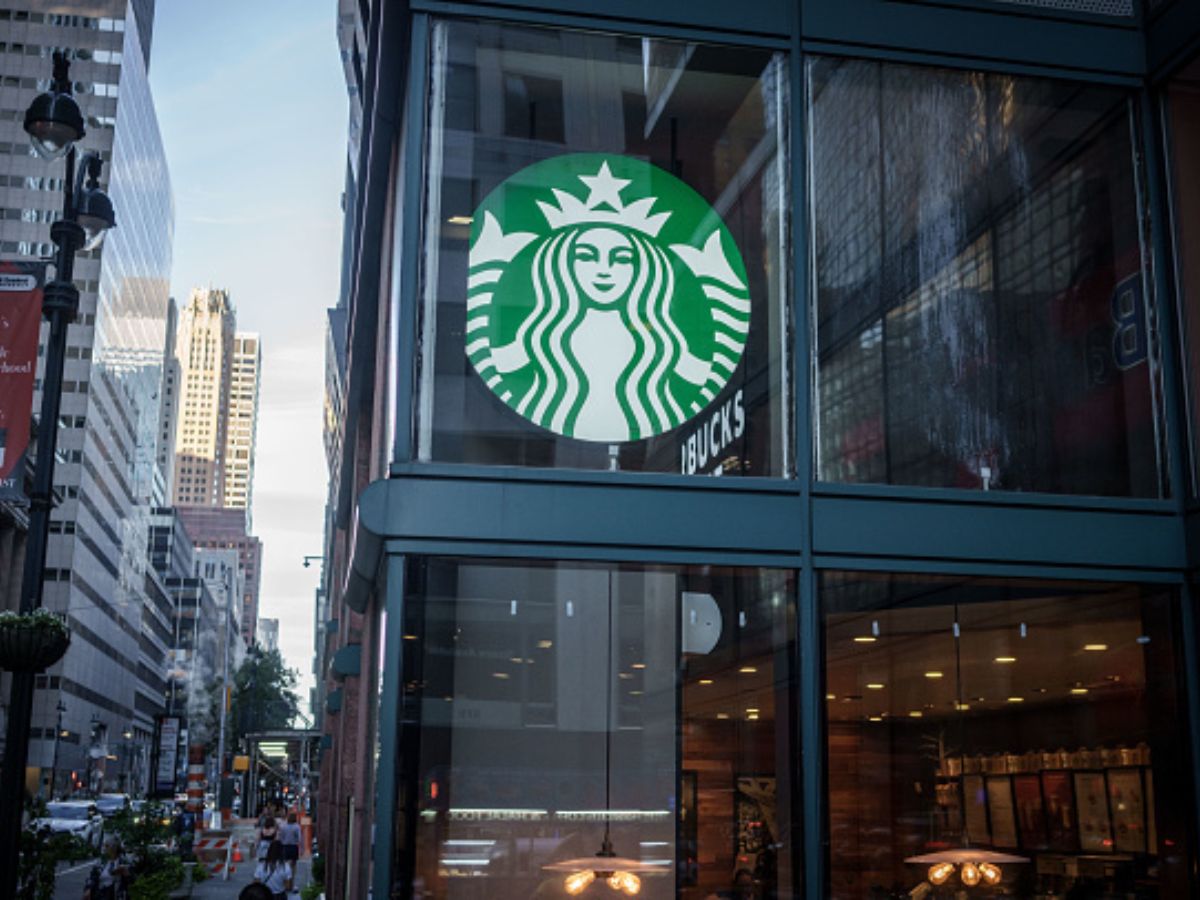A US District Judge in Manhattan on Monday ruled that Starbucks must face a lawsuit alleging that some of its Refresher fruit beverages lacked actual fruit. The court rejected Starbucks' request to dismiss nine of the 11 claims in the proposed class action.
The judge, John Cronan, stated that a significant number of reasonable consumers would expect these fruit-named beverages to contain the fruits they claim to have, reported Reuters. Customers raised concerns that Starbucks' beverages including mango dragonfruit, mango dragonfruit lemonade, pineapple passionfruit, pineapple passionfruit lemonade, strawberry açai, and strawberry açai lemonade refreshers lacked the specified mango, passion fruit, or açai ingredients as advertised.
Joan Kominis from Astoria, New York, and Jason McAllister from Fairfield, California, who brought forth the lawsuit, asserted that the main ingredients of these beverages were water, grape juice concentrate, and sugar. They argued that Starbucks' deceptive product names led to them being overcharged, thereby violating their states' consumer protection laws.
Seeking dismissal, Starbucks argued that the product names were indicative of the beverages' flavours rather than their actual ingredients, the report stated. The company said that its menu boards accurately conveyed these flavors. Starbucks further noted that reasonable consumers would not have experienced any confusion, and even if they had inquiries, their baristas could have “sufficiently dispelled” any potential confusion quite adequately.
However, the judge said that unlike the term ‘vanilla’, which is the subject of many lawsuits, “nothing before the court reflects that 'mango,' 'passionfruit,' and 'açaí' are terms that typically are understood to represent a flavour without also representing that ingredient”.
Cronan pointed out that confusion could be justified because some other Starbucks products are named after their ingredients, such as the ‘Ice Matcha Tea Latte’, which contains matcha, or the ‘Honey Citrus Mint Tea’, which includes honey and mint.
The judge later rejected a fraud allegation, stating there wasn’t sufficient evidence to suggest that Starbucks had an intention to deceive consumers, as well as an unjust enrichment claim. Starbucks released a statement calling the accusations “inaccurate and without merit” and expressed that it is keen to defend itself.
The lawsuit commenced in August 2022 and claimed damages of at least $5 million. Robert Abiri, the attorney for the plaintiffs, expressed satisfaction with the ruling and looked forward to representing the potential class.
Also Read : Ex-Govt Officials, Former WhatsApp Compliance Officer, Among New CCI Members: Report


